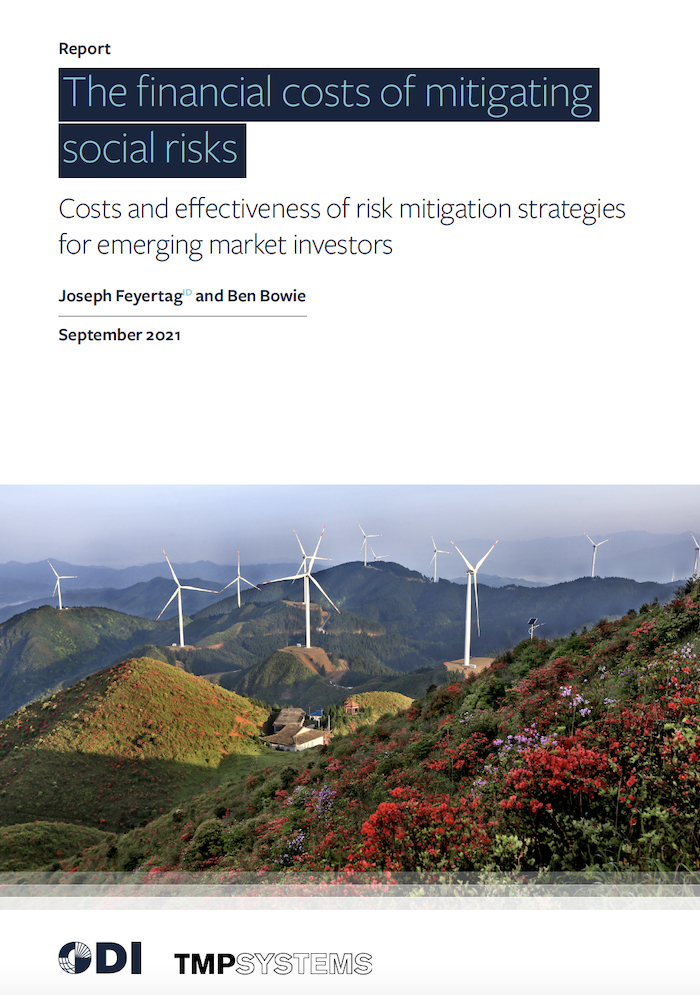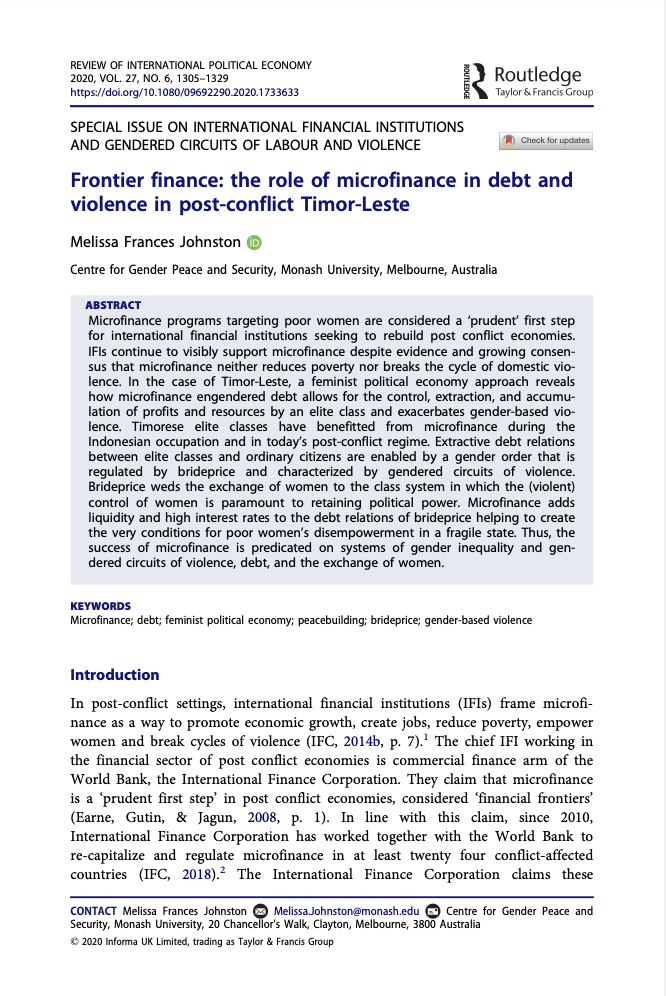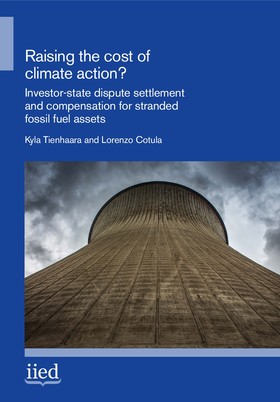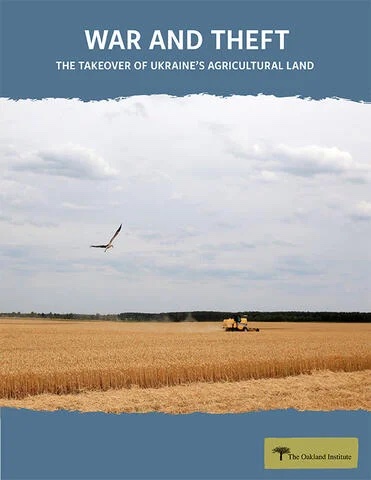LAND MARKET DYNAMICS ON AN EXPANDING FRONTIER: INVESTMENT IN BRAZIL
In the last years the Brazilian agricultural frontier is expanding towards the cerrado region, more specifically the region called MATOPIBA, comprised of savannah areas of four different states located in the north and northeastern parts of the country. This research paper aims to show a recent pattern of second wave investments in the frontier aimed at inferior quality land.







